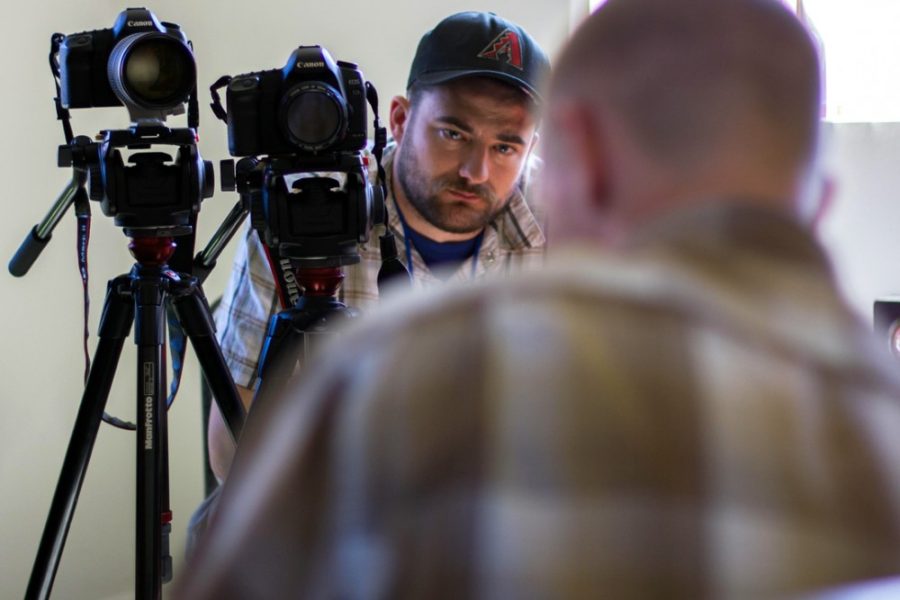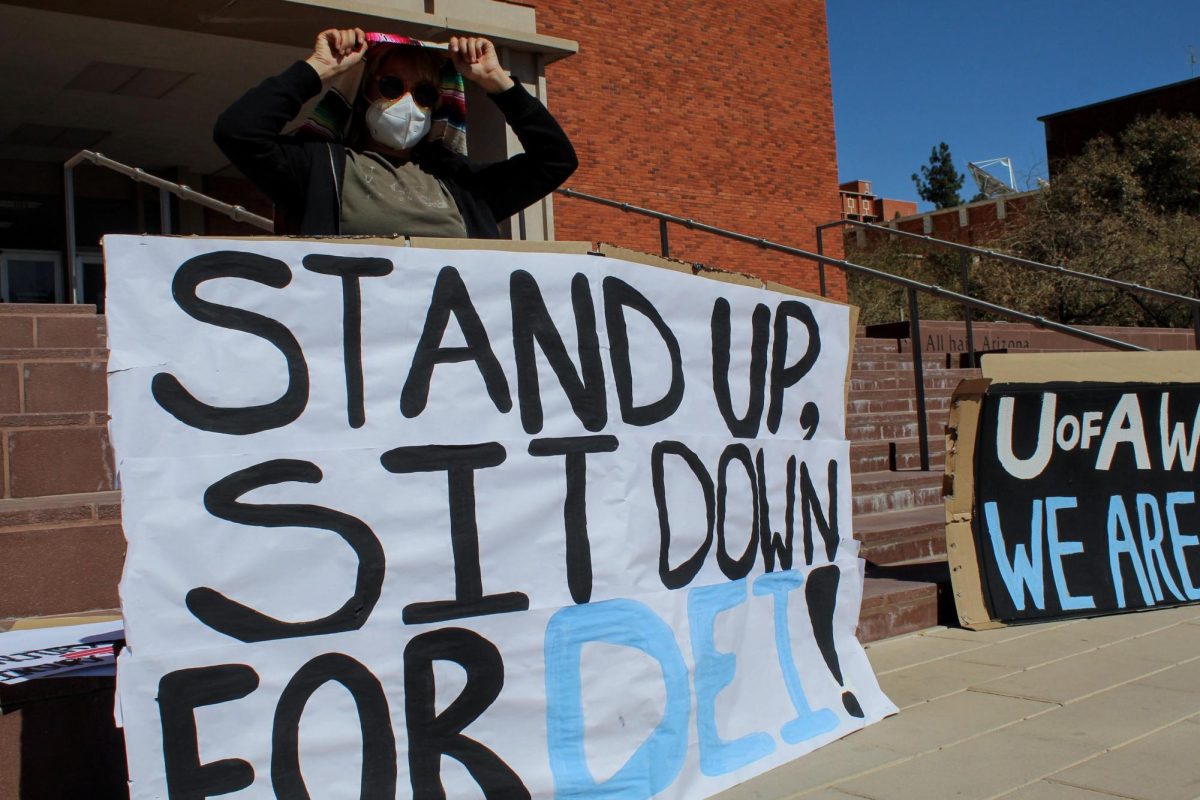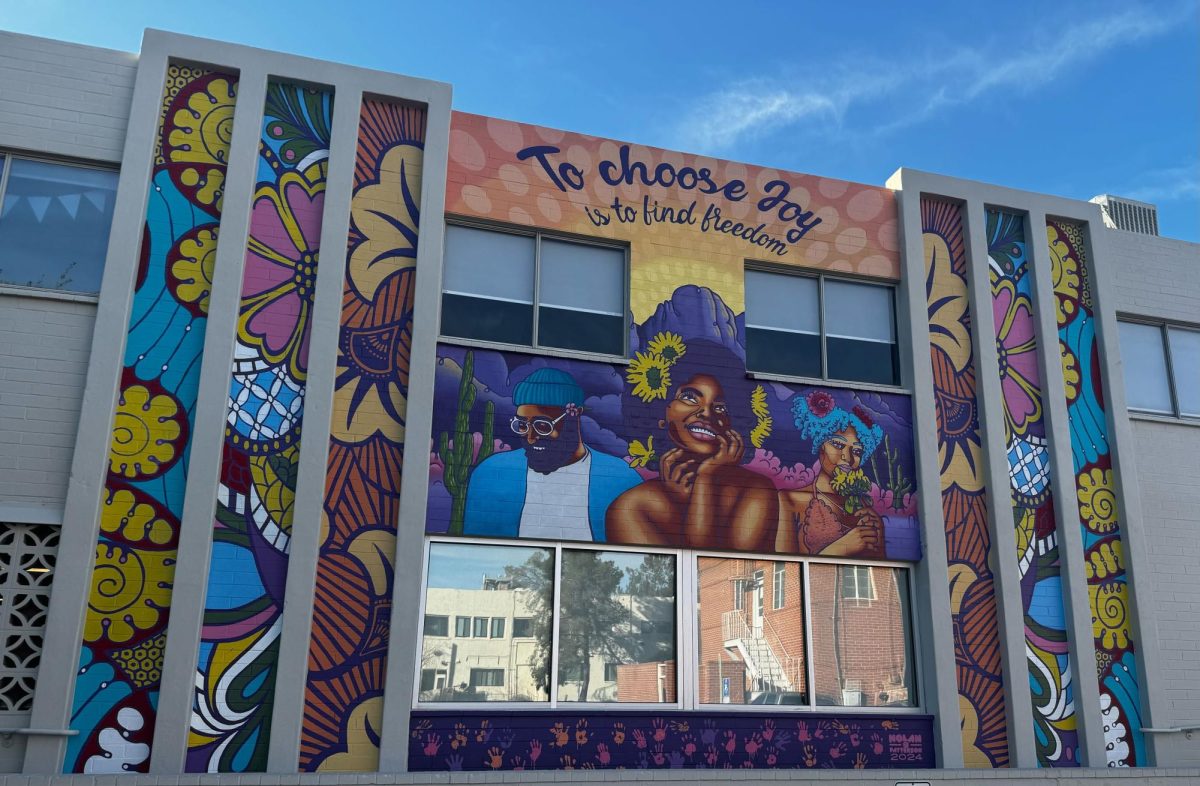For 30 minutes, all 33 Arizona television stations and 93 radio stations were hooked on heroin as each simultaneously broadcasted the commercial-free investigative documentary, “Hooked: Tracking Heroin’s Hold on Arizona.”
Arizona State University students and faculty from the Walter Cronkite School of Journalism and Mass Communication spent an entire semester tracking the heroin epidemic in Arizona from the source to the user through interviews with law enforcement, community members and heroin addicts. This footage was used to produce the documentary.
The goal was to educate the public and prevent future overdoses and addictions while students practiced fundamental journalism techniques.
The idea was introduced by Art Brooks, the president and CEO of the Arizona Broadcasters Association.
Jacquee Petchel, an ASU journalism professor and Pulitzer Prize-winning investigative reporter and editor, led a collection of 70 advanced journalism students through the production of the TV report.
Some attended Heroin Anonymous meetings. Others went on ride-alongs with law enforcement officers.
In the broadcast, law enforcement officers called Arizona a heroin distribution hub.
Tucson is described as the heroin epicenter because of its close proximity to the 387-mile Mexico-Arizona border.
Pima County has an overdose rate twice as high as any other county in the state, according to one team’s analysis of public records from the 2009-2013 Arizona Hospital Discharge Data Set.
The county also saw an increase of 93 drug convictions in the 2013-2014 fiscal year.
Most heroin users start by taking opiate-based prescription drugs before switching to heroin as a cheaper and more accessible fix.
“The only two outcomes of heroin are prison or death,” said Clay, a heroin user, in an interview during the broadcast.
Throughout their interviews, users described similar stories of how heroin took over their lives.
Some stole from their parents or created elaborate plans to fund their addiction. Others sexually exploited themselves. Their common variable: regret.
“If you have 20 percent of an entire generation of young Americas who are addicted to heroin, in 10 years, what does that do to our country?” said Special Agent Douglas W. Coleman in the video. ““What does that do to the future of our country, the future leaders? We are going to wipe out an entire class of people who at some point are going to lead this country.”
_______________
Follow David McGlothlin on Twitter.









